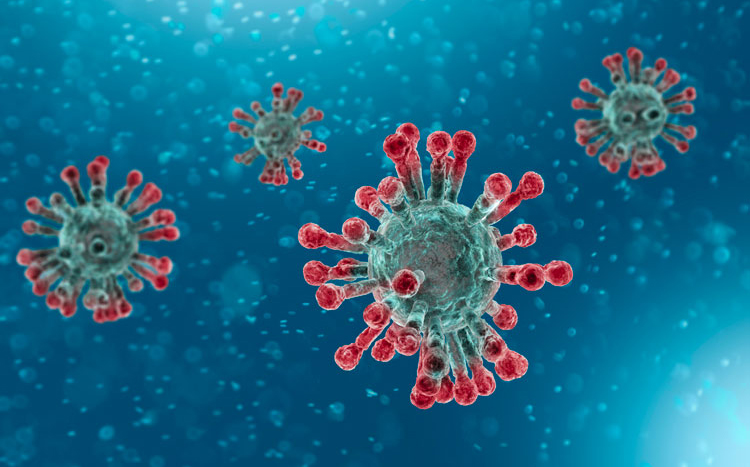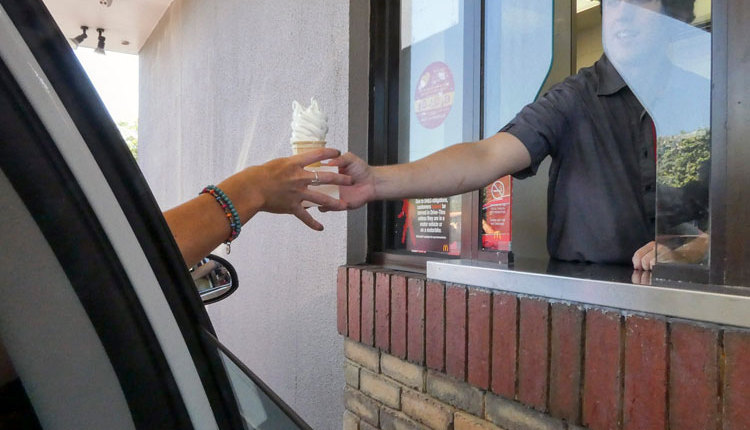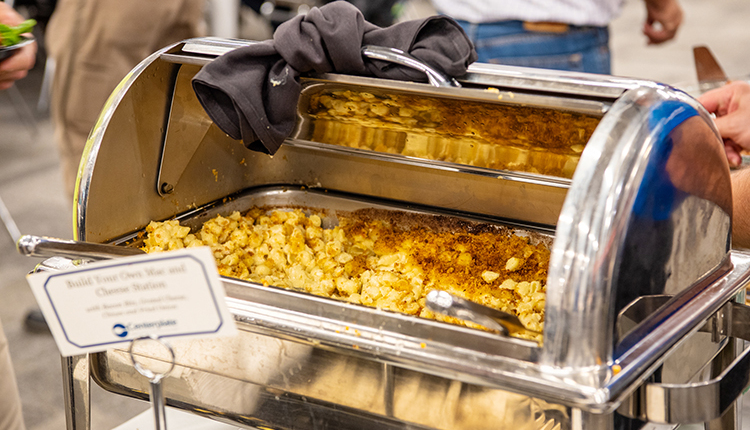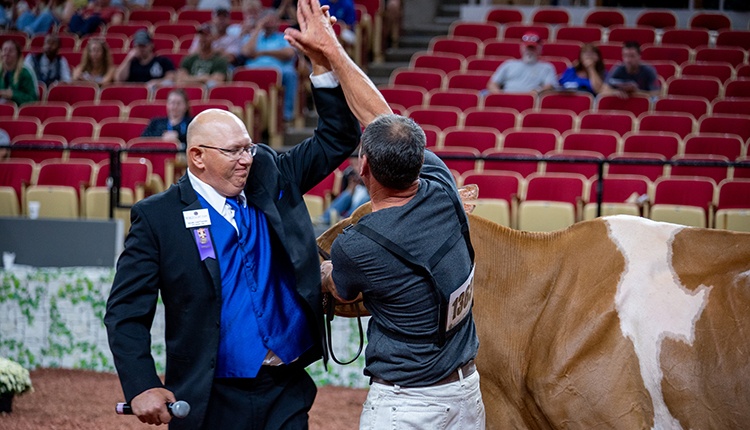
Concerns surrounding coronavirus are impacting people across the United States and around the world. As I write this blog, events are being canceled and travel is highly discouraged — all in an attempt to limit the spread of the virus.
This Wuhan strain of coronavirus in humans is a relatively new challenge, but for those of us who work with dairy cattle, this is not the first time we have heard of the infection. That’s because coronavirus is one cause of diarrhea in calves and respiratory disease in adult cattle.
With coronavirus all over the headlines, we reached out to one of our contributing authors, Geof Smith, D.V.M., from North Carolina State University, to learn more about the virus that impacts dairy cattle. An article with much more detail about coronavirus in cattle will appear in our March 25, 2020, issue of Hoard’s Dairyman, but I will share a few highlights here.
We were curious if the coronavirus strain that affects cattle is connected to the current Wuhan strain in humans. In his article, Smith posed the question, “Can I catch coronavirus from my cows and calves?” The answer to that question is no, or extremely unlikely.
Smith explained that coronaviruses come from a diverse family of RNA viruses. The strains that cause respiratory disease in humans are different than those that cause disease in cattle.
Many of the human strains most likely did originate from animals, though. The SARS virus affected bats, then cats, before moving into humans. For MERS, it is believed the disease went from bats to camels to people. The current Wuhan strain likely originated in bats, too.
Still, Smith explained that these strains have narrow host ranges, and the chance that a human strain of coronavirus would come from a cow or calf is extremely low.
With this knowledge in hand, focus your efforts on minimizing the spread of disease between people. Even if you don’t see yourself as a high risk, there are individuals among us who could become extremely ill from this virus. We can all take precautions to help limit the impact this virus has in the United States.
To learn more about coronavirus and dairy cattle, don’t forget to take a look at Smith’s article in the March 25 issue of Hoard’s Dairyman, which will be arriving to mailboxes late next week. The coronavirus impact on dairy prices will also be discussed in our Milk Check Outlook article in that same issue.

The author is an associate editor and covers animal health, dairy housing and equipment, and nutrient management. She grew up on a dairy farm near Plymouth, Wis., and previously served as a University of Wisconsin agricultural extension agent. She received a master’s degree from North Carolina State University and a bachelor’s from University of Wisconsin-Madison.








